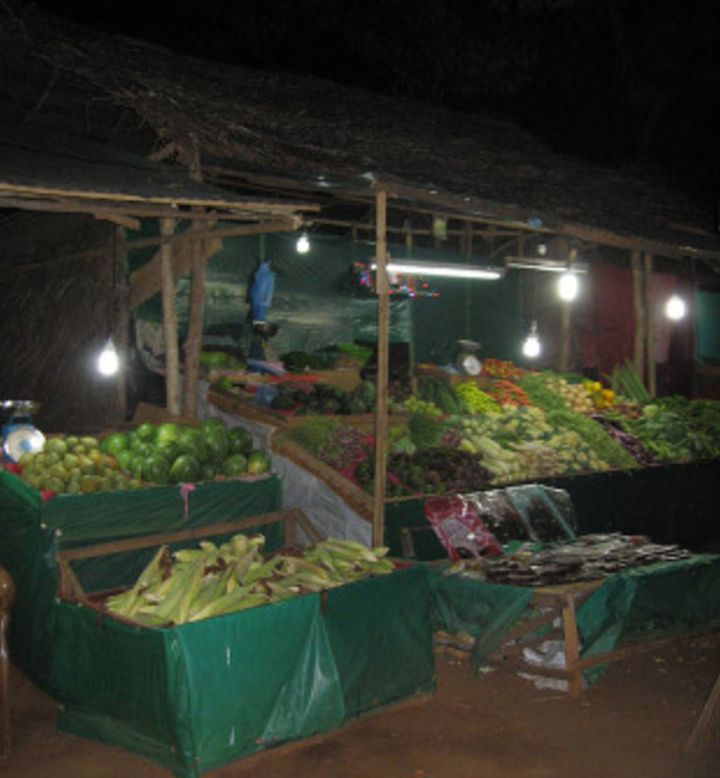Mangoes at midnight
After matches, on the way back to Dambulla town from the stadium, it’s hard to miss a string of ramshackle shops by the roadside selling a wide variety of fruits and vegetables

After matches, on the way back to Dambulla town from the stadium, it’s hard to miss a string of ramshackle shops by the roadside selling a wide variety of fruits and vegetables. These shops have a framework of rickety wooden poles, usually topped off by a flimsy corrugated metal roof and illuminated by a bunch of naked bulbs hanging low. A fairly commonplace sight, you might think, but what makes these outlets unique is that they are open through much of the night, prompting the question, “Who goes grocery shopping at midnight?”
It turns out that Dambulla is the region’s hub for sale of fruits and vegetables. It houses the country’s largest wholesale market for agricultural produce, the Dambulla Dedicated Economic Centre (DDEC), set up in 1999 to help farmers from surrounding areas get better value for their wares. Farmers from places such as Nuwara Eliya and Jaffna bring in their produce which are sold in Dambulla and then transported to nearby cities such as Kandy and Vavuniya. This also explains why Dambulla sometimes gives the impression of being overrun by trucks overloaded with radishes.
The DDEC is located on the highway to Kandy, one of the two main roads in the town, the other being the one leading towards Colombo. The tiny shops which caught the eye on the way back from the stadium formed part of an unorganised wholesale market where much of Dambulla’s agricultural transactions took place before the DDEC swallowed up big chunks of their business. The shops are on the road to Colombo, and exist on the hope of attracting traders on that route and some spillover business from those at the DDEC. Already barely getting by, they could soon vanish to make space for widening the highway.
Siddarth Ravindran is a senior sub-editor at ESPNcricinfo
Read in App
Elevate your reading experience on ESPNcricinfo App.